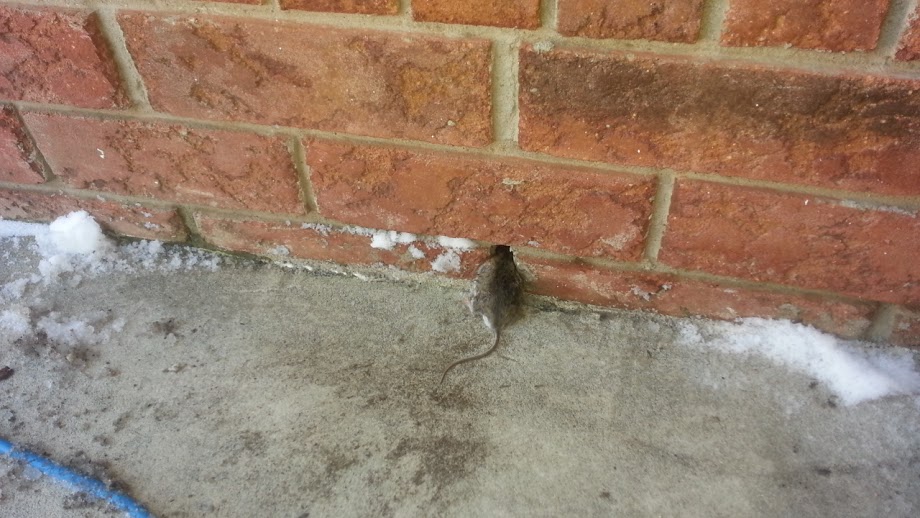While mice or rats living in your home can be a big problem, a dead rodent can be just as troublesome. The reason is that when a mice or rat dies within the walls of your home, it can produce a terrible stench as it decomposes. Rodent removal can cope with both the smelly carcass as well as the mice or rats still living in your home so you don’t have to worry about either anymore.
How Do You Know if the Smell Is a Dead Rodent?
If you have a powerfully strong, nauseatingly unpleasant smell in your home and you cannot identify the source, chances are very good that it is a dead mouse in your walls. Once you know what a dead mouse smells like, you’ll be able to identify it immediately if you encounter it in the future. It is a very distinctive smell but has qualities similar to other odours that you may be more familiar with:
- When a mouse first dies, it gives off a smell of sulphur. This is an odour you may encounter when you strike a match, and some people compare it to rotten eggs.
- As the mouse’s body continues to decompose, you may smell methane. This is similar to the odour of paint thinners.
- A dead mouse may also give off a smell of ammonia, similar to urine or certain cleaning agents.
- As the decomposition speeds up, you may detect an odour similar to soil or rotten food.
The smell of a dead rat shouldn’t be much different in quality from the smell of a dead mouse. However, the smell may be stronger because rats are much larger than mice.
What Causes Dead Rodents To Smell Bad?
Whenever any animal dies, the body starts to decay almost immediately thereafter. Enzymes and bacteria work on the tissues to break them down. This process produces noxious gases as a byproduct, and the gases are what produce an unpleasant odour.
At first, the smell of a dead rodent may be rather subtle. It becomes stronger as the decay progresses until the animal has completely decomposed. This whole process can take several weeks if you do nothing, but that is not advised.
How Can You Find Out Where the Smell Is Coming From?
It can be helpful to pinpoint the site where the dead rodent is most likely to be. The smell can spread throughout the house, but it is likely to be strongest near where the body is.
If you have pets, pay attention to their behaviour. If a dog or cat keeps returning to a certain place to sniff, it may be the site of the decomposing rodent carcass. Because pets have much keener senses of smell than humans, they may detect a dead rodent before you start smelling it.
What Can You Do About the Dead Rodent?
Finding and removing the dead rodent is the first step toward getting rid of the smell. However, this isn’t necessarily something you should take care of yourself. For one thing, the dead rodent may be inside a wall or another inaccessible area. For another, the decomposing carcass can carry disease, and you may be exposing yourself if you handle it.
Furthermore, getting rid of the dead rodent is only dealing with part of the problem. Chances are good that there are many more mice or rats still living in your wall. Not only could these die and stink up your home again, but in the interim, they could expose you to disease or cause extensive property damage.
Contact Skedaddle for Wildlife Control in Newmarket
When you contact us for a dead rodent smell, we will clean up the carcass as part of our decontamination process. First, we will safely remove any live rodents that we find in your house and humanely relocate them elsewhere. Once we are sure that the rodent removal is complete, we will identify and seal up entry points so they can’t come back in. Find out more about all the services we offer in Newmarket.





